It is day two of the writing regime. Today’s plan is writing 750 words, writing CMA feedback, and working on the paper. I was musing last night about the approach to the paper, thinking that having an abstract or an introduction actually makes it easier to write because it provides a focus for the paper’s direction. I have heard other people say that it makes sense to leave the introduction to the last because then you know what you’ve written. I think the former approach might be more sensible for me. I can always go back and revise the introduction if it does not reflect what I end up doing. Focus, however, is priceless.
In addition to an introduction or an abstract, a title might also help. I was experimenting with variants of “L2P! Learn To Play Or…”. I thought that was clever, as it’s something you often see more experienced, impatient players saying to players who they think are not living up to their expectations in terms of expertise or speed. In the context of my work, however, it probably makes more sense to say “P2L! Play To Learn”, but I’m not sure how many people will get that. Nevertheless, a title is a starting point. I had both before I started my keynote writing and that turned out well. Perhaps I can incorporate the factoid into the abstract.
Abstract:
“L2P! L2P!” This is the exhortation you might encounter in massively multiplayer online games (MMOGs) when other players around you believe your skill or speed in playing is inadequate. It means “learn to play”. In this paper, we demonstrate how L2P has been turned on its axis to yoke the trials of play to the game of learning. 39 World of Warcraft players primarily playing in Europe submitted essays answering the question “Why do you play World of Warcraft?” in a 2010 study.
Using a grounded theory approach and discourse analysis, the essays were analyzed to ascertain the contributors’ motivations for playing and their reasons for persisting in playing. Yee’s player motivational framework subcomponents (Yee 2005; Yee 2006) were applied to each essay and contrasted with Bartle’s original player typology (Bartle 1996; Bartle 2003) in aggregate to determine overall, general motives these players had. While participants were not asked to write explicitly about learning and many did not provide any examples, several contributions are examined here as case studies of mundane and unusual examples, illustrating what these adults are playing to learn–a learning that goes beyond dungeons, dragons, and dwarves.
That does not seem too bad as a first go. I need to check on the discourse analysis; it might not be completely true. I also have no idea how I am going to write up the grounded theory bit appropriately, but at least that is accurate. I definitely followed that kind of approach in tagging the essays. I need to find some time to pore through the James Paul Gee’s book on discourse analysis. I just saw someone else in #phdchat mention it again yesterday. It keeps cropping up and I keep not reading it, even after I went to buy it and then realized I already had. That is trying to tell me something, if I would only listen. I also need to check on what to call Yee’s framework.
References:
Bartle, R. (1996) ‘Hearts, Clubs, Diamonds, Spades: Players Who Suit MUDs’, Journal of MUD Research, 1 (1). Also available from: http://www.mud.co.uk/richard/hcds.htm (Accessed April 22, 2011).
Bartle, R. (2003) Designing Virtual Worlds. New Riders Publishing.
Yee, N. (2005) A Model of Player Motivations, [online] Daedalus Project. Available from: http://www.nickyee.com/daedalus/archives/001298.php?page=1 (Accessed March 31, 2011).
Yee, N. (2006) ‘Motivations for Play in Online Games’, CyberPsychology & Behavior, 9 (6), pp:772-775. Also available from: http://www.liebertonline.com/doi/abs/10.1089/cpb.2006.9.772 (Accessed March 31, 2011).



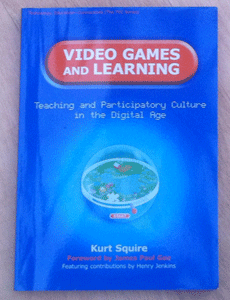

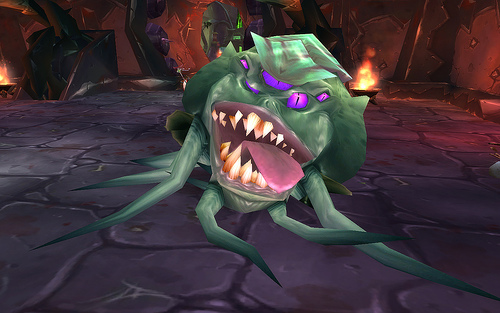
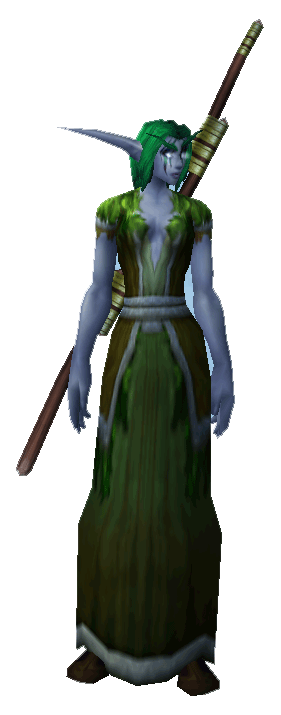
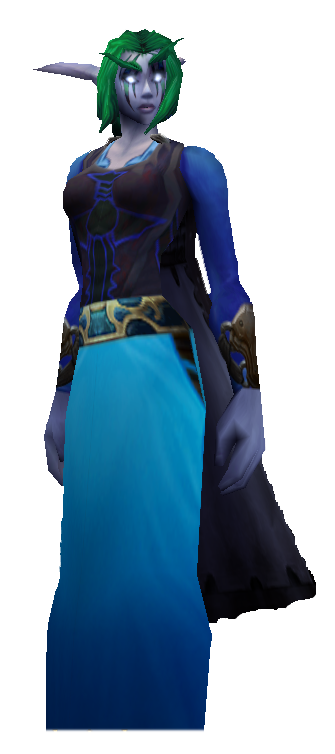 As part of a course under development at The Open University, I was approached as a known World of Warcraft player and asked to write a short paragraph or two on why I play World of Warcraft. I freely admit to failing to only write a short paragraph or two, but that’s probably because I’m passionate about World of Warcraft and my activities in it, especially given the prominence it plays in my life in so many areas. Read on to find out why I play World of Warcraft.
As part of a course under development at The Open University, I was approached as a known World of Warcraft player and asked to write a short paragraph or two on why I play World of Warcraft. I freely admit to failing to only write a short paragraph or two, but that’s probably because I’m passionate about World of Warcraft and my activities in it, especially given the prominence it plays in my life in so many areas. Read on to find out why I play World of Warcraft.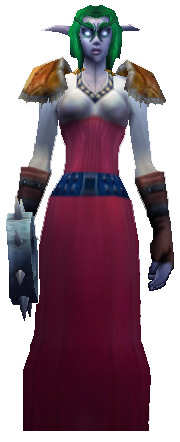 I have my annual Ph.D. review meeting tomorrow afternoon. As usual, I’m more than a bit nervous, especially as I made the big step this academic year of completely dropping my former Ph.D. work and starting a brand new topic that intersects the boundaries of my three main interests: communities, learning and teaching, and Internet-enabled technologies. As part of the review process, we’re asked to produce a 4-page report that explains what we’ve done since the last report. In your first year, this report ought to focus on your thesis proposal, although many students won’t yet have one. I do have some ideas about what I want to do and how I am going to go about it. I’ve made an online version so that it will be indexed and easily findable by others interested in World of Warcraft and e-learning.
I have my annual Ph.D. review meeting tomorrow afternoon. As usual, I’m more than a bit nervous, especially as I made the big step this academic year of completely dropping my former Ph.D. work and starting a brand new topic that intersects the boundaries of my three main interests: communities, learning and teaching, and Internet-enabled technologies. As part of the review process, we’re asked to produce a 4-page report that explains what we’ve done since the last report. In your first year, this report ought to focus on your thesis proposal, although many students won’t yet have one. I do have some ideas about what I want to do and how I am going to go about it. I’ve made an online version so that it will be indexed and easily findable by others interested in World of Warcraft and e-learning. 



